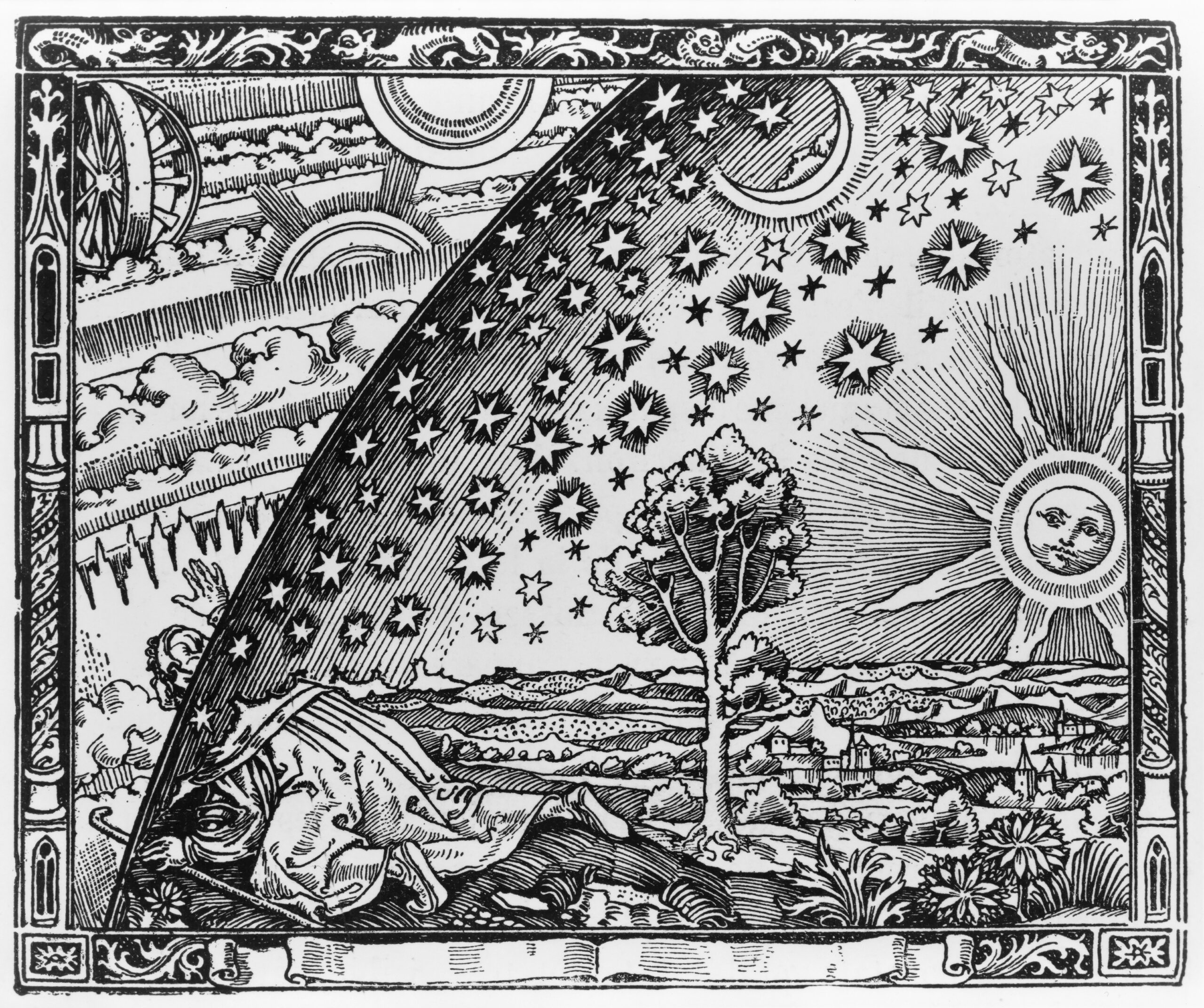I am trying to determine if Tolkien would say the “Joy beyond the walls of the world” that he associates with the experience of eucatastrophe requires a metaphysical or teleological dimension. Obviously, if Tolkien views the Christian Incarnation and Resurrection as the most potent Primary World examples of eucatastrophe, it seems to me that he experienced that Joy with a metaphysical/theological/teleological dimension—and specifically a Catholic one—but would it be possible to experience said Joy without it? I don’t meant to say I wonder if the experience of it requires one to be a Christian, or indeed to hold to any religion in particular at all. I don’t think it does. But does it require some sense of metaphysical or teleological meaning behind the Joy?
Of course the characters in The Lord of the Rings who experience eucatastrophe, like Frodo and Sam and Pippin, do not hold any particular religion that we know of, but the reader is likely enough to pick up on the hints of “higher powers” or “higher purpose” at work in Middle-earth, and readers who have read Ainulindale know that the whole story of Arda is meant to be leading towards some resolution in The Music, such that Melkor’s theme is fully subsumed and repurposed. Still, is any of that required by eucatastrophe?
In particular, I’ve always been struck by the portion of letter 89 where Tolkien describes eucatastrophe thusly: “I was there led to the view that it produces its peculiar effect because it is a sudden glimpse of Truth, your whole nature chained in material cause and effect, the chain of death, feels a sudden relief as if a major limb out of joint had suddenly snapped back. It perceives – if the story has literary ‘truth’ on the second plane (for which see the essay) – that this is indeed how things really do work in the Great World for which our nature is made.” The last part of that last sentence seems to suggests that eucatastrophe is necessarily tied to teleology.

Leave a Reply